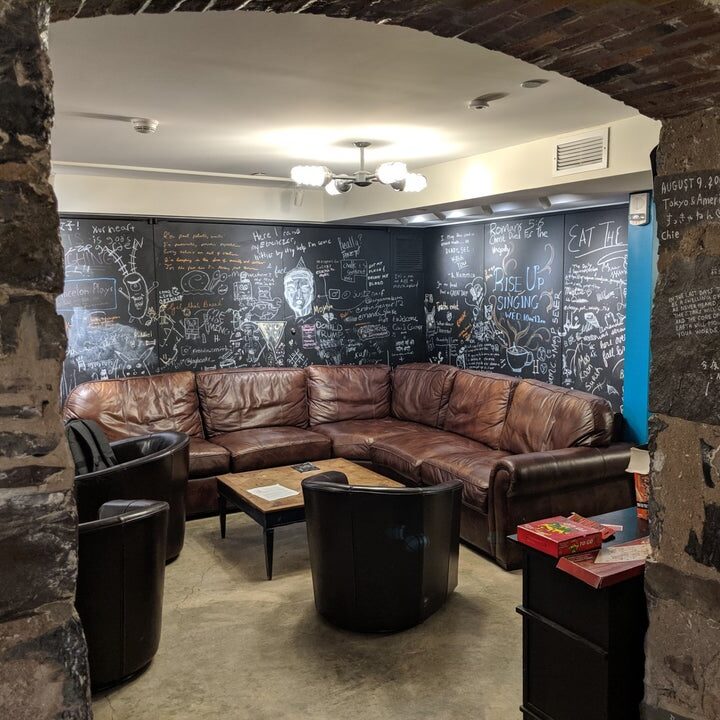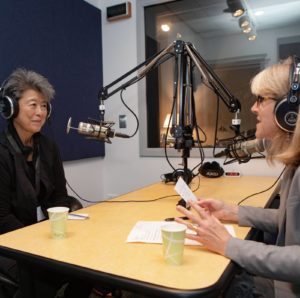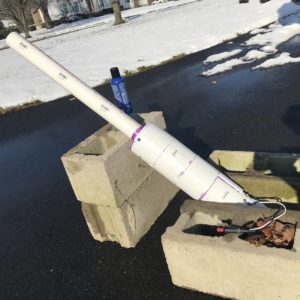Getting PSETs done over Zoom can be a combination of awkward and challenging. To assist with that task, fellow PCUR Correspondent Ryan Champeau recently wrote a post with suggestions for working on PSETs in the age of remote learning. A great tip in that article is to collaborate with friends when permitted under a course’s collaboration policy. However, given that students can’t meet in person to work on assignments anymore, I’ve found the process of checking over PSETs to be a bit more difficult than usual.
Specifically, I’m taking QCB 455, an introductory course to quantitative and computational biology in which there are four total problem sets. As a neuroscience major in a class filled with computer science majors and some graduate students, I didn’t really know many people in the course. Going over the first PSET with people I didn’t know over Zoom felt a bit strange, but I’ve since found that there are actually a few benefits to going over PSETs that are specific to the remote experience. In this post, I’ll go over the three strategies I’ve started to use when collaborating on PSETs for my classes:




